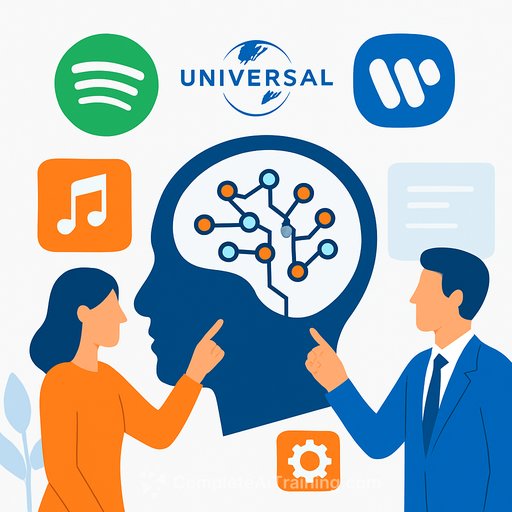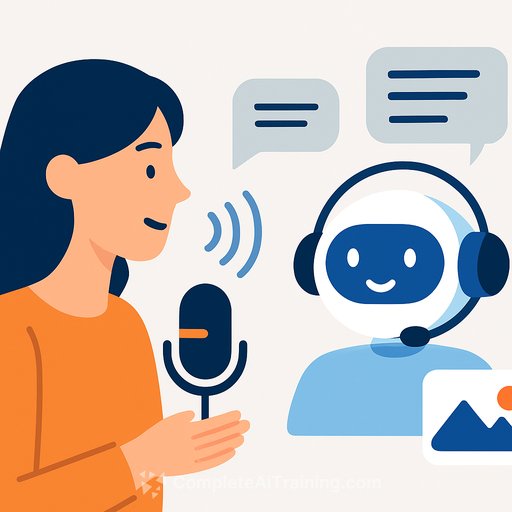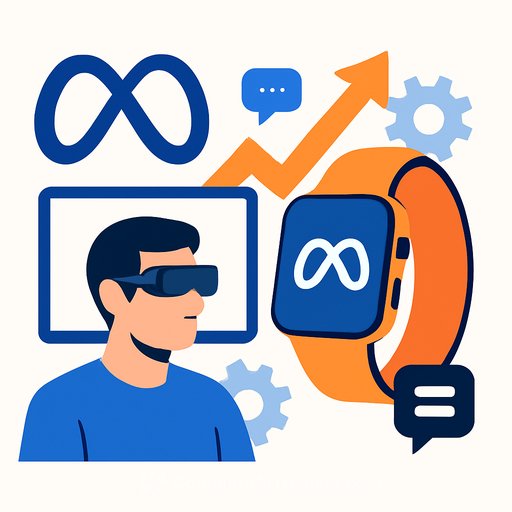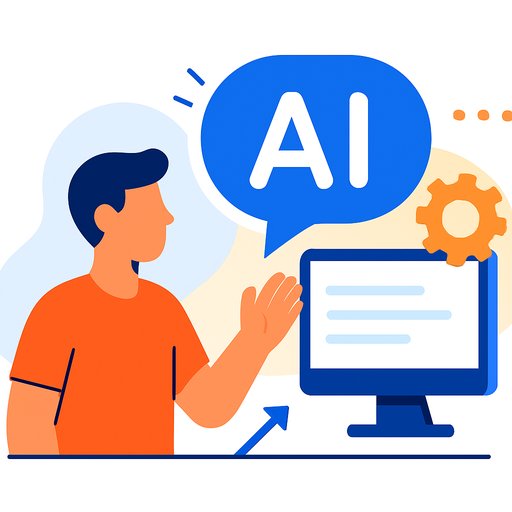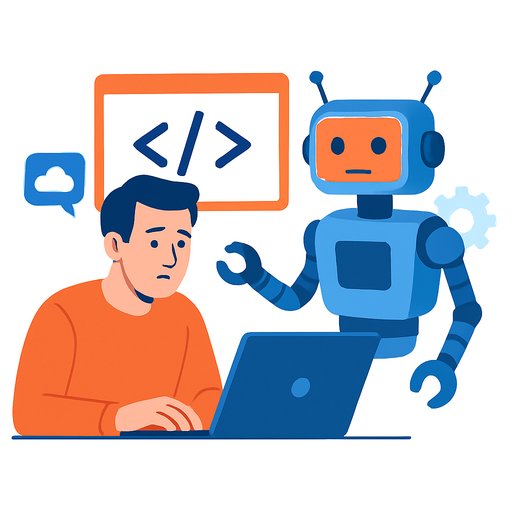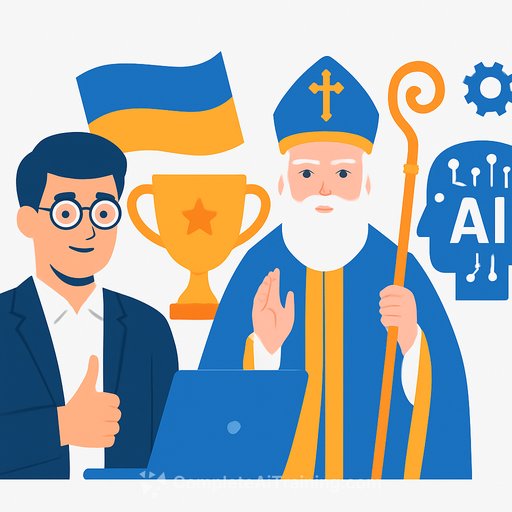Spotify teams with major labels to build "responsible" AI music products
Spotify has partnered with Sony Music Group, Universal Music Group, Warner Music Group, Merlin, and Believe to develop AI products that respect artists, protect rights, and create new revenue. The company will invest in a generative AI research lab and product team, signaling a coordinated approach between platforms and rightsholders.
The message is clear: AI features will be built with consent, compensation, and controls baked in. For product and engineering teams, this sets a blueprint for how to ship AI in high-stakes creative ecosystems.
The deal: who's involved and why it matters
Spotify plans to work with labels, distributors, and publishers under upfront agreements, offer opt-in tools for artists and rightsholders, create new revenue streams, and strengthen artist-fan connections using AI. This is one of the first cross-industry efforts to align product innovation with copyright and creator protection.
Spotify emphasized: "Musicians' rights matter. Copyright is essential." The collaboration aims to prevent AI features from being built without rights, consent, or compensation.
Four product pillars to watch
- Upfront licensing: Launch features with direct licensing and clear terms for training, generation, and use.
- Opt-in participation: Give artists and rightsholders explicit controls over if/how their works or voices are used.
- New revenue: Build monetization beyond streams (co-creation, custom experiences, voice licensing, fan products).
- Artist-fan connection: Use AI to increase discovery and engagement while preserving creator intent.
Guardrails already in place
Spotify recently removed over 75 million "spammy" tracks in 12 months and introduced policies against unauthorized vocal impersonation and fraudulent uploads to official profiles. The platform also expanded spam filtering to curb mass uploads, duplicates, SEO hacks, and ultra-short tracks made to inflate payouts.
For reference, see Spotify's Platform Rules for signals on enforcement priorities.
What this means for product and engineering
If you build AI music features, expect tighter requirements from labels and creators. Here's a practical checklist to shape your roadmap.
Core capabilities to build- Consent and controls: Opt-in flows for artists, voice likeness licensing, catalog-level whitelists/blacklists, revocation and auditing.
- Attribution and accounting: Generation logs, provenance tracking, share splits, and usage-based payouts that map to works, stems, and voices.
- Content credentials: Embed provenance (e.g., C2PA-style manifests) for every generated asset to label who, how, and with what data it was made. See C2PA.
- Data governance: Clear boundaries for training vs. style transfer vs. voice cloning; dataset provenance and rights verification.
- UX for choice: Visible consent indicators, model/source disclosure, and simple reporting for takedowns or misuse.
- Anti-impersonation: Voice-matching detection, human-in-the-loop review, and explicit approvals for likeness use.
- Spam and abuse controls: Rate limits, duplicate detection, SEO-gaming suppression, and synthetic content labeling.
- Distribution fences: Block uploads to official profiles without authorization; watermark generated audio for traceability.
- Policy enforcement: Clear penalties, repeat-offender flags, and transparent appeals for creators and distributors.
- Consent coverage: Percentage of generated content tied to explicit rights and licenses.
- Attribution accuracy: Correct mapping of generated outputs to underlying owners and share splits.
- Abuse rate: Deepfake/impersonation incidents per 10k uploads and time-to-removal.
- Creator economics: Net-new revenue per participating artist and retention across cohorts.
- Artist-approved co-creation tools with revenue sharing and on-canvas disclosures.
- AI-aided discovery that respects artist choices and avoids style/voice misuse.
- Fan experiences (stems, remixes, alternate takes) gated by licenses and tracked for payouts.
Industry signals
"Technology should always serve artists, not the other way around," said Alex Norström, Spotify's co-president and chief business officer. The focus is on protecting rights, respecting creative choices, and helping fans discover music.
UMG's Lucian Grainge called for "Artist-Centric agreements" to enable Gen AI within a commercial model that benefits artists, songwriters, fans, music companies, and tech partners. Sony Music Group's Rob Stringer stressed that direct licensing before launch is the "only appropriate way" to build these tools.
Warner Music Group's Robert Kyncl highlighted the need for "new AI licensing deals that protect and compensate rightsholders." Merlin's Charlie Lexton emphasized working with partners who respect copyright and enrich, not displace, creators. Believe's Denis Ladegaillerie framed "responsible AI" around consent, control, compensation, and transparency-paired with "value-creative AI" that drives discovery and fan engagement.
Gustav Söderström, Spotify's co-president and chief product and technology officer, called AI the most consequential shift since the smartphone and said Spotify is growing its AI team to support the entire music ecosystem.
Bottom line
This partnership sets a template for AI features in music: license-first, opt-in by design, measurable payouts, and strong safeguards. If your roadmap doesn't operationalize consent, attribution, and anti-impersonation, you'll face integration and distribution friction.
If your team needs structured upskilling on AI product skills by role, explore Courses by Job at Complete AI Training.
Your membership also unlocks:

